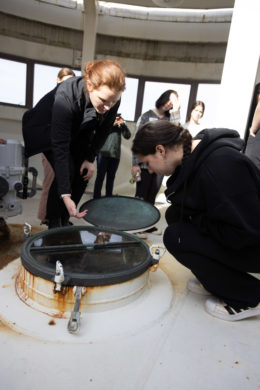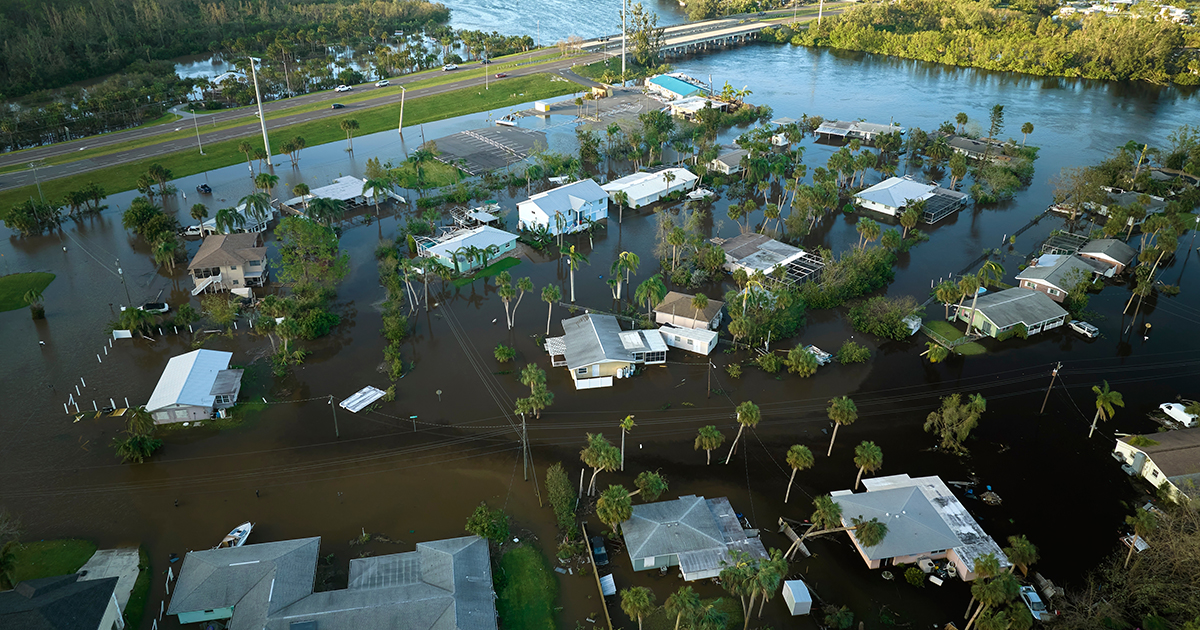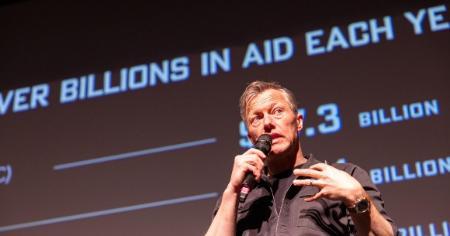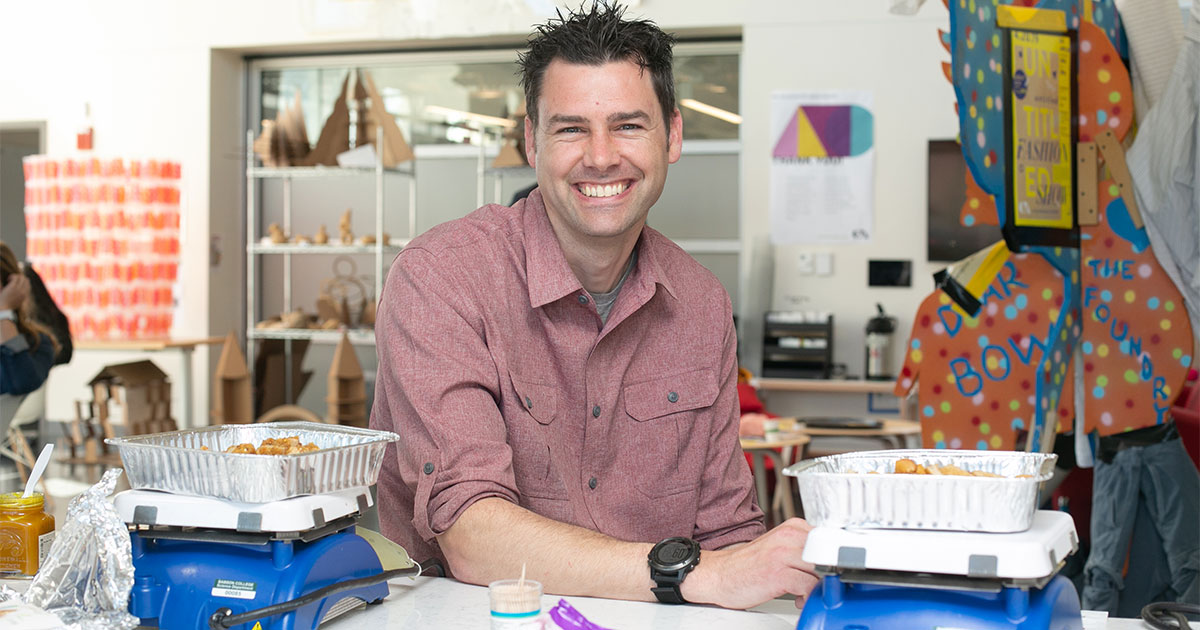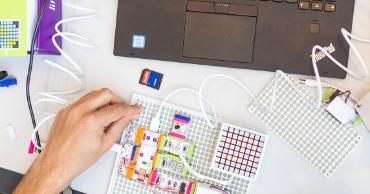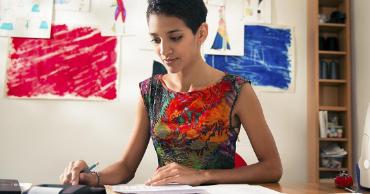Solve Tomorrow’s Problems Today
In SES, you will learn integrated sustainability and systems thinking (think interconnections and feedback, not linear events) and develop the problem-solving skills you need to be an effective global entrepreneurial leader who imagines sustainable solutions to real-world challenges.
It’s a course grounded in both sides of the liberal arts and sciences: you will learn the science behind various systems while exploring how they fit into politics, advocacy, management, business, and other social structures. Your leadership and experiential takeaways from this course will include supporting structures of justice and advocacy for diverse communities, addressing critical issues of declining natural resources and climate change, and discovering new paths to build flourishing and resilient communities.
Two faculty members (one professor of natural science and one professor of the humanities or social sciences) teach each course, blending disciplines and perspectives with case studies, experiential learning, and group projects. You will be able to apply the mindset you learn in this course to whatever path you choose to pursue, making sure to add sustainable value as you go.
